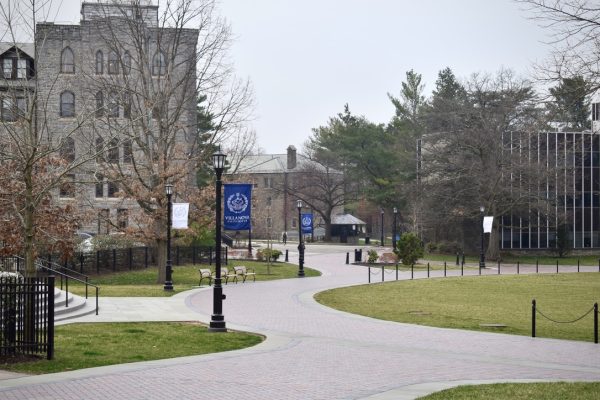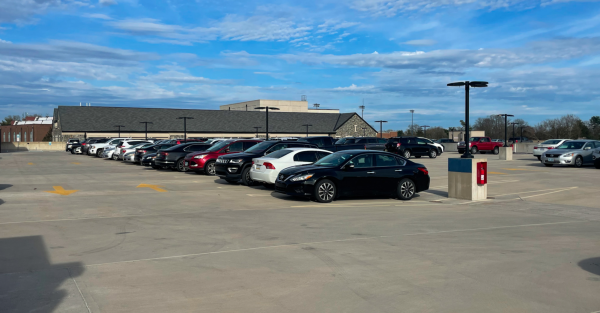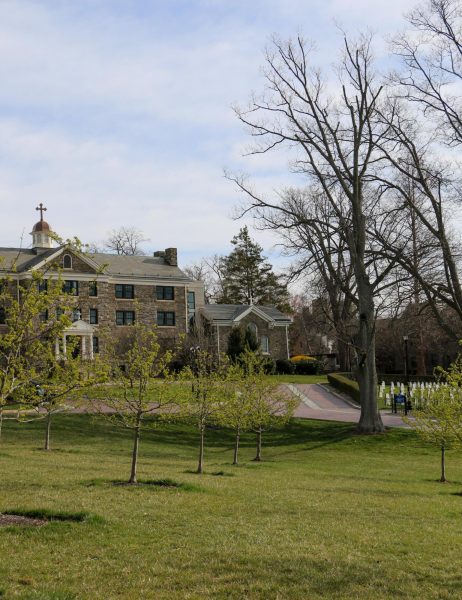Hong Kong and the Last Stand of World Democracy
September 24, 2019
If one were to take a trip to the city of Hong Kong at any point within the last five months, one would find the air crackling with an electric tension. Laser pointers pierce any given night sky, suspended in air by gallons of tear gas, aimed at police facial recognition cameras. Thousands of people often line up to pass water, supplies, head, ear or eye protection. After loudly announcing the location of a protest on social media, riot police armed with batons and shields may find a park empty, the protestors already having left to demonstrate in a safer area. Looking inwards from thousands of miles away, thousands of minutes of phone camera footage and foreign press provides views of rebellion never before seen in the modern day. The Chinese government may continually refer to the protests as riots, but the end result is convincing more residents of Hong Kong to take to the streets. And yet, we ignore this serious challenge to the freedom of millions to concentrate on what we believe are more pressing issues at home.
It has often been said that democracy, in the western world, and in the world abroad, is in peril, if not dying. There is a fair amount of truth to that statement. The winging over the election of Donald Trump as president, the rise of right-wing populism, and increasing support for socialism are viewed by many as worrying signs to the health of democracy. There is some merit to this fear, and the incredible polarization and childish combative approach to political discourse in America may mean this state of peril may exist for some time. But these events are part of the challenges and dangers that we face in this century, unique to their benefits and costs. Americans are in fact so free to speak at a scale wider than ever that some find it difficult to parse responsible political positions and speech from disinformation and conflict. The press, meanwhile, is in fact so free in expression that many journalists act as agents of their own political positions, and in doing so eliminate their credibility to a public that observes other options for day-to-day information. These are all challenges born because we have a wide range of opinions, personalities, positions and media available to everyone. Nowhere do we face problems caused by any serious detriment to our fundamental First Amendment rights, and it is ridiculous to suggest that we should ever limit them.
It is clearly apparent, however, that most countries lack anything directly equivalent to the First Amendment. China in particular is undoubtably one of them, with the most advanced internet censorship on the planet. Most newspapers in China are directly government-controlled. This total crackdown on internal dissent means that most Chinese people have no means of speaking out against their government- worse, it means that many may not even know the full details of their oppression. Millions of Muslims from the Uighur region of China are imprisoned for their beliefs by the atheist Chinese Communist Party, held without trial to attempt to destroy their religion. In Hong Kong, a city that was promised self-autonomy, the Chinese government progressively seeks more and more power over citizens, including a law that could extradite Hong Kong residents to China en masse.
Despite all these taking place—which undoubtedly dwarfs a tweeting president or lying press in terms of a threat to freedom—the United States decides to sit idly by. Already in a trade war with Beijing, the US has done almost nothing to help the people of Hong Kong or to apply any real kind of additional pressure. To a nation literally born in revolution over tyranny, this American response is infuriatingly numb. Americans seem to have abandoned in thought and action the words of John F. Kennedy, “that we shall pay any price, bear any burden, meet any hardship, support any friend, oppose any foe to assure the survival and the success of liberty.”






